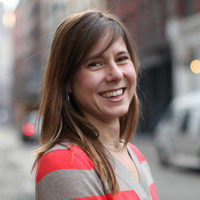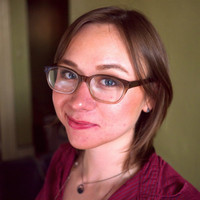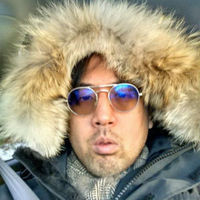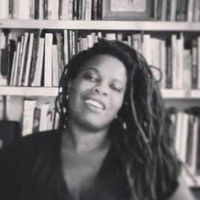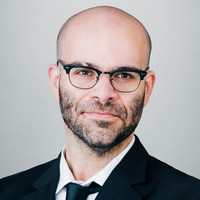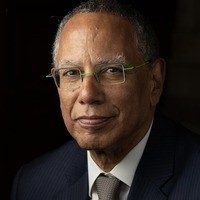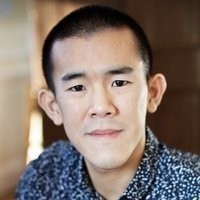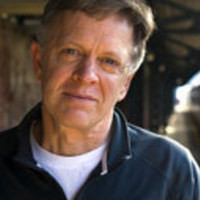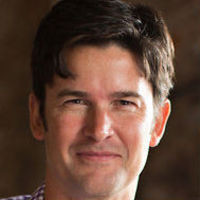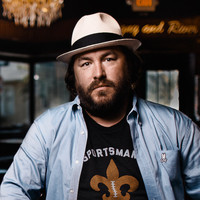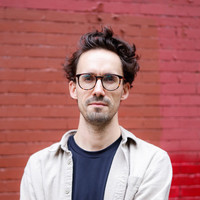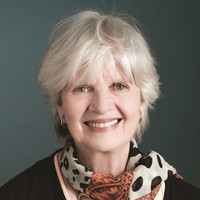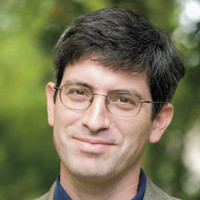Malcolm Gladwell is a staff writer at The New Yorker. His latest book is David and Goliath: Underdogs, Misfits, and the Art of Battling Giants.
"The categories are in motion. You turn into a Goliath, then you topple because of your bigness. You fall to the bottom again. And Davids, after a while, are no longer Davids. Facebook is no longer an underdog—it's now everything it once despised. I am everything I once despised. When I was 25, I used to write these incredibly snotty, hostile articles attacking big-name, nonfiction journalists. Now I read them and I'm like, 'Oh my God, they're doing a me on me!'"
Thanks to TinyLetter and EA SPORTS FIFA 14 for sponsoring this week's episode.

